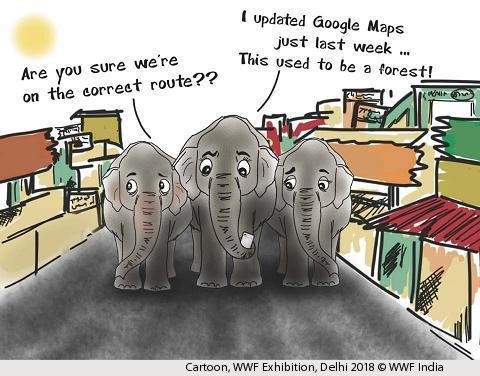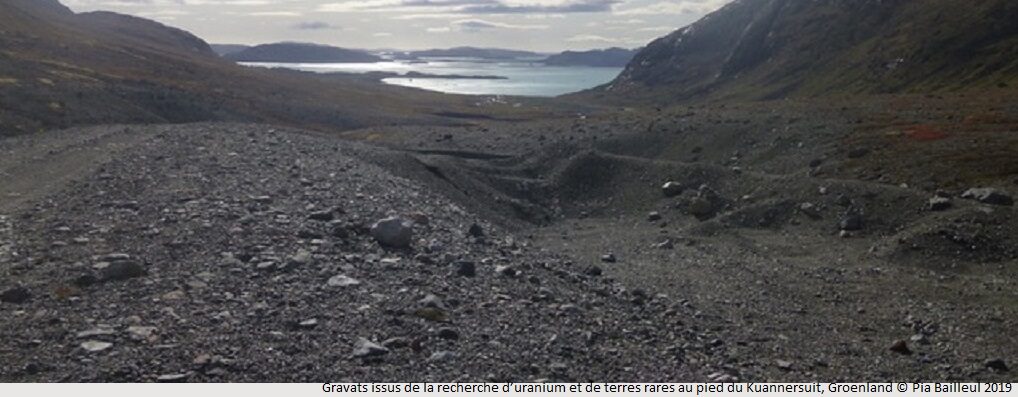What is put forward in some cases is not the moral or ethical question of preventing animal suffering or of giving them rights but the idea (also moral in some way) of saving endangered species – either because of the dwindling number of individuals or because of their shrinking natural habitat.

In these cases, animals and the environment are regarded as interconnected and the former may be strategically put forward in court as an argument to protect the latter.

In India Daniela Berti and Ritwick Dutta work on various cases filed at the National Green Tribunal, a higher court made up of both judges and scientific experts, which handles cases related to the environment and wildlife-related issues. In these cases, protected areas and species are threatened by the implementation of development projects in areas that include for example a corridor for tigers or elephants, or a breeding ground for migratory birds. These court cases raise questions about the management of protected areas and species, and lend themselves to being studied not only in the context of the courts but also by taking into account other actors involved in the decision-making process such as scientific experts, forest rangers, politicians and private companies.
Courts may also be called upon to rule on cases where animal protection is at odds with the protection of human property or life. This particularly happens when the territory where a species lives provides insufficient resources and some animals begin to venture into urban areas. In these cases animals go from being ‘victims’, whose territories or corridors have to be defended, to being a ‘danger’ and having to be captured, displaced or eliminated.


In Nepal, Joëlle Smadja analyses the situation of villagers who inhabited areas now given over to National Parks and who have been driven away; whose crops and cattle are destroyed by wildlife; and who are harassed by foresters and the army who shoot anyone entering a park. Joëlle works on these issues by comparing her previous work in Kaziranga National Park in Assam with a study in Chitwan National Park in Nepal, by focusing on how courts deal with these issues and on the role NGOs play in such cases.
Mara Benadusi works on the conservation and legal challenges stemming from the development of national parks in Sri Lanka. Conflicts near wildlife sanctuaries and parks have increased dramatically over the last decades, resulting in a growing number of court cases, with farmers denouncing dangers caused by elephants, and animal rights’ activists and national park representatives denouncing the illegal killing of elephants. Benadusi’s study bears on how local practices of cohabitation between humans and elephants evolve as a consequence of arguments raised in court.




















